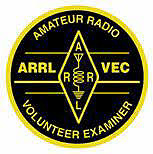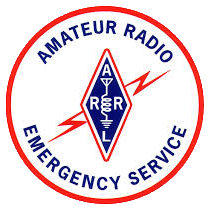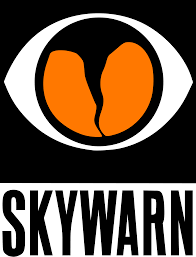ARES is an acronym for "Amateur Radio Emergency Service", an arm of the Amateur Radio Relay League (ARRL), composed of volunteer Amateur Radio operators interested in serving their communities, state, or nation in the event of an emergency. Although ARES is the creation of the ARRL, it is not required that you be an ARRL member to participate.
ARRL is recognized nationally as "THE" amateur radio communications organization. ARES has agreements with the Federal, State, and many local governments as well as Non-Governmental Organizations (NGOs) to provide assistance upon request.
While there are other ways to be involved in emergency communications through direct affiliation with NGOs like the Red Cross, the Salvation Army, or RACES (a government sponsored program), ARES has the broadest range of potential opportunities for service in the event of an emergency.
ARES has a certain amount of recognition merely by being affiliated with the ARRL, but also because it promotes additional education and training of its members. In recent years national, state, and local emergency response agencies have adopted standardized practices. Non-governmental organizations, including ARES, were expected to adopt these practices as well, and have. These new practices, standardized over the years by the Federal Emergency Management Agency (FEMA) are available for free for anyone to take. We'll be discussing these courses next week.
In addition to the FEMA courses, there are also ARRL "EC-001" and "EM-016" courses available. EC-001 is designed for those who may wish to deploy around the state or region. EM-016 is for those who aspire to leadership positions at the district or state level.
Generally, to be utilized as an emergency communications resource at the local level, all that is required are a few of the free FEMA courses. Again, we'll cover these next week.
In addition to being involved locally, it's possible that you might be called up to support ARES members in other parts of the state or even other states. There were out-of-state call-ups of trained operators during hurricanes Katrina and Ivan.
The next several presentations will cover how to become a member of ARES, take the free FEMA courses, other ways to serve in Amateur Radio, and various protocols and practices useful for service in ARES.
Look ahead:
EMCOMM and ARES
Emergency Communications Organizations & Systems
ARES Training & FEMA




